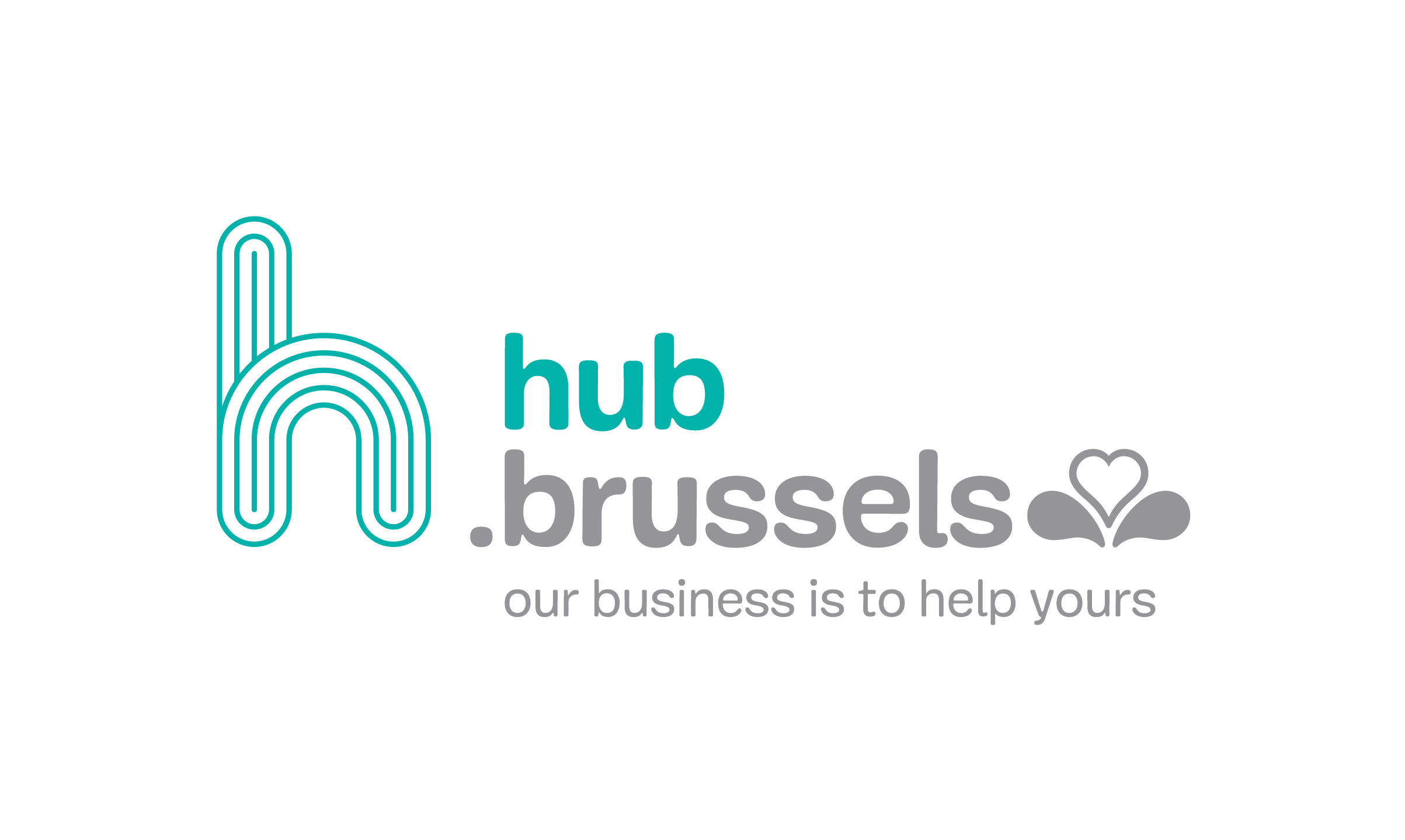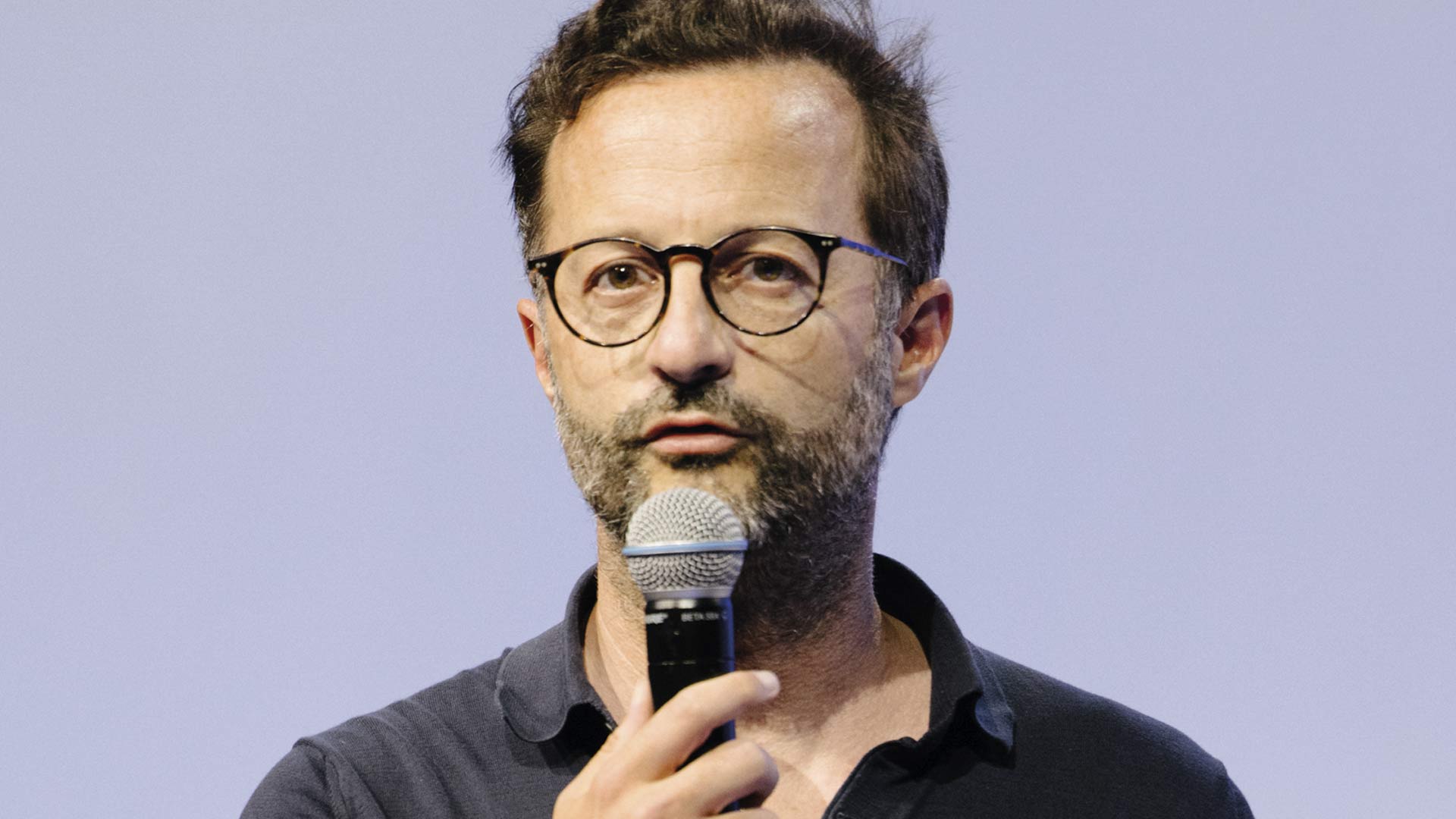
Brussels
Belgium
There are 183 nationalities and more than 24 languages spoken in the city, which is home to 1.25 million residents, nearly a third of which are international. The Brussels-Capital Region (one of three federal regions in Belgium) governs 19 municipalities and 118 neighborhoods and has two official languages: French and Dutch, although English and German are also widely spoken in the city. From the French-speaking artistic quarters of Saint-Gilles to the Flemish-influenced commune of Jette and the vibrant Brabant shopping district, each area brings its own rhythm, traditions and community, creating a rich cultural patchwork. It is also one of Europe’s best-connected cities, with a large network of domestic trains reaching throughout Belgium and high-speed rail links to Paris, London, Amsterdam and Cologne.
The city’s open-minded character also plays out in quality-of-life metrics: from its 27 international schools and extensive green spaces (over half the region is covered in vegetation) to a food scene where 60% of restaurants serve international cuisine, Brussels offers global access and local authenticity. It’s a lived-in city of contrasts, with open-air markets, green parks, and historic squares such as the Grand Place – a UNESCO World Heritage site known for its guild halls – as well as futuristic mobility labs, political summits and digital campuses.
A fertile ground for startups
According to the Union of International Associations, Brussels is home to more than 1,500 international companies and ranks as the number-one city in Europe for hosting congresses. It’s also a rising destination for founders: the 2024 Startup Heatmap Europe ranked Brussels among the top 30 cities in Europe for startup relocations, citing both its political centrality and its vibrant innovation support structures.
At the forefront of these structures is hub.brussels, the region’s public agency for business support. Its flagship “My Welcome Package” program provides tailored services for foreign entrepreneurs looking to set up in the city, covering everything from legal guidance and networking to subsidized office space. Another major player, Innoviris, is the public agency for research and innovation. Its 2025 “Innovative Starters Awards” grant offers up to €500,000 (~$560,000) per project to early-stage startups developing strategic R&D initiatives.
Building for digital inclusion
Brussels is reimagining its urban infrastructure to meet the needs of a modern, inclusive economy. For example, BeCentral, a campus launched in 2017 by a coalition of over 60 entrepreneurs, transformed an underused railway property into a space for digital learning and innovation. The campus, located in Brussels Central Station, now hosts digital academies, startups, NGOs and innovation labs, all united by the mission of democratizing access to technology. As of 2024, it had supported over 10,000 learners and entrepreneurs.
Technology, fashion, and urban development: economic assets
In terms of sector strengths, Brussels is leaning into AI, sustainable design and circular economy solutions. sustAIn.brussels has been key in promoting ethical AI adoption by connecting research institutions, corporates and AI-driven startups. Initially founded with funding from both the European Commission (Digital Europe) and Innoviris, it is now moving towards a more structured model, consolidating its service portfolio into four core pillars: test before invest, skills and training, investment support, and ecosystem building. MAD Brussels, the city’s platform for fashion and design, supports creative entrepreneurs through coaching, organizing exhibitions and providing access to international networks.
The urban-development sector is mirroring this spirit of reinvention. The Tour & Taxis site is one of Europe’s most ambitious urban regeneration projects, blending sustainable housing, offices and culture in a restored industrial zone. Meanwhile, the Canal district, once a gritty industrial area surrounding the Brussels–Charleroi Canal, is the future home of the Kanal Pompidou Centre, a major cultural hub. Repurposed from the former Art Deco Citroën garage built in 1933–1934, the modern and contemporary art center will occupy around 40,000 m², supporting the area as a cultural and creative hotspot.
A vibrant business tourism center
In 2024, the Visit Brussels Annual Report 2024: Brussels Tourism Observatory registered nearly 9.8 million overnight stays in the city, a new record reflecting a 4% increase from the year before, and business tourism accounted for more than half of these stays. The city is a popular host for conferences and events. Flagship events include the World Cocoa Conference, a global gathering of industry leaders, producers and policymakers focused on the future of sustainable cocoa; European Hydrogen Week, focused on hydrogen technologies for the energy transition; and the IAPP Europe Data Protection Congress, one of the largest forums on privacy, data governance and regulatory trends.
Quality of life in a global village
Brussels offers residents an exceptional quality of life when it comes to cultural access, as the city's artistic scene is unmatched for its size with more than 80 museums, dozens of concert venues and a subsidized arts scene. In terms of healthcare, the city maintains one of the highest doctor-to-resident ratios in Europe, ensuring timely access to healthcare through both public and private systems.
Belgium’s public transport system is among the most affordable in Europe, with monthly passes starting at €49 ($55) and free access for residents under 25 and over 65. The city also boasts one of Europe’s largest pedestrianized historic centers, second only to Venice, making it a walkable, bike-friendly city that supports sustainable urban living. In recent years, initiatives like Good Move have restructured mobility flows to prioritize pedestrians, public transport and cyclists, reducing through-traffic in residential areas. Residents also benefit from capped rents in regulated zones and energy-efficient retrofitting subsidies for older housing stock.
Brussels ranks as the second-friendliest city in Europe for LGBTQI+ inclusion and gender diversity, based on its score of 85.3% in ILGA-Europe’s Rainbow Map 2025, with Malta as the frontrunner. The city not only offers a welcoming environment for people from all walks of life, it excels in balancing urban life with human-scale living.
Facts and Figures
The GDP per capita in the Brussels region was estimated to be €76,000 (~$89,000) in 2024 (Statistiek Vlaanderen).
Brussels hosts 319 active tech startups, representing around one-third of all Belgian startups (Startup Blink, 2024).
In 2024, 27% of all journeys in Brussels were made via public transport (Brussels Mobility, 2024).
In 2024 alone, Innoviris financed 325 research and innovation projects, disbursing €44.6 million (~$52 million) to 215 unique beneficiaries (Innoviris, Activity Report 2024).
Brussels has more than 8,000 hectares (approx. 20,000 acres) of green space (Brussels-Capital Region, “Parks and Green Spaces.”)
Startups
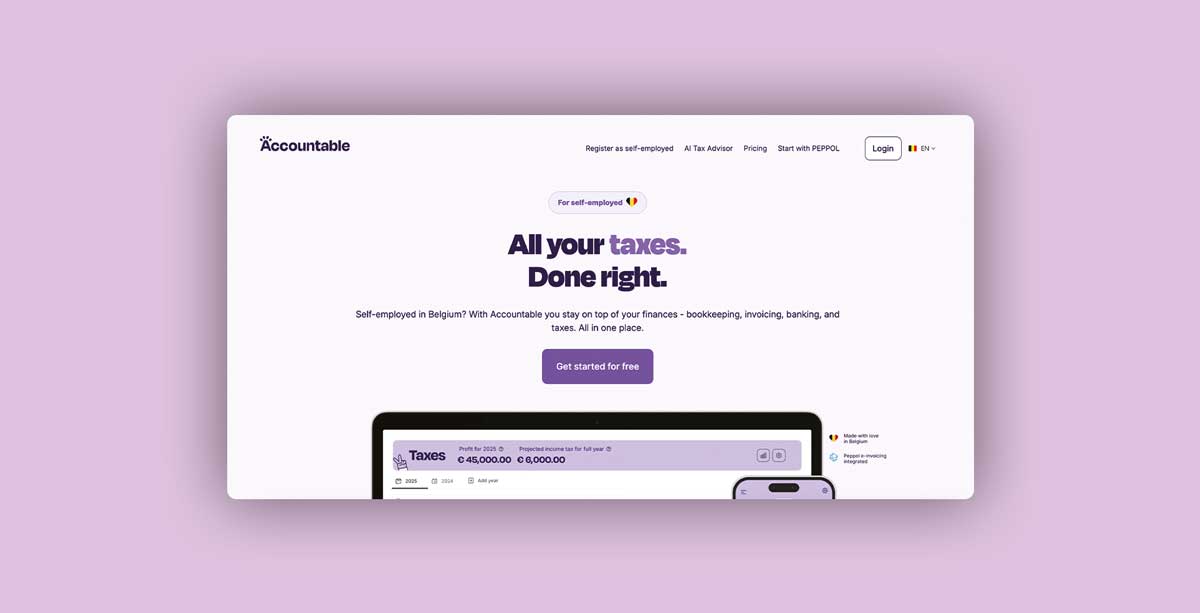

Accountable, a finance and tax app for self-employed professionals, simplifies bookkeeping and tax filing with an AI tax advisor, error-free tax returns backed by a guarantee, and personalized help from tax coaches and advisors in Belgium, Germany, Italy and Spain.
.jpg)

Axiles Bionics, a medtech spinoff from the Vrije Universiteit Brussel’s Brubotics research group, focuses on robotics, AI and human biomechanics. It is transforming prosthetics by developing high-performance, intelligent lower-limb prostheses that restore natural movement and improve quality of life for amputees.
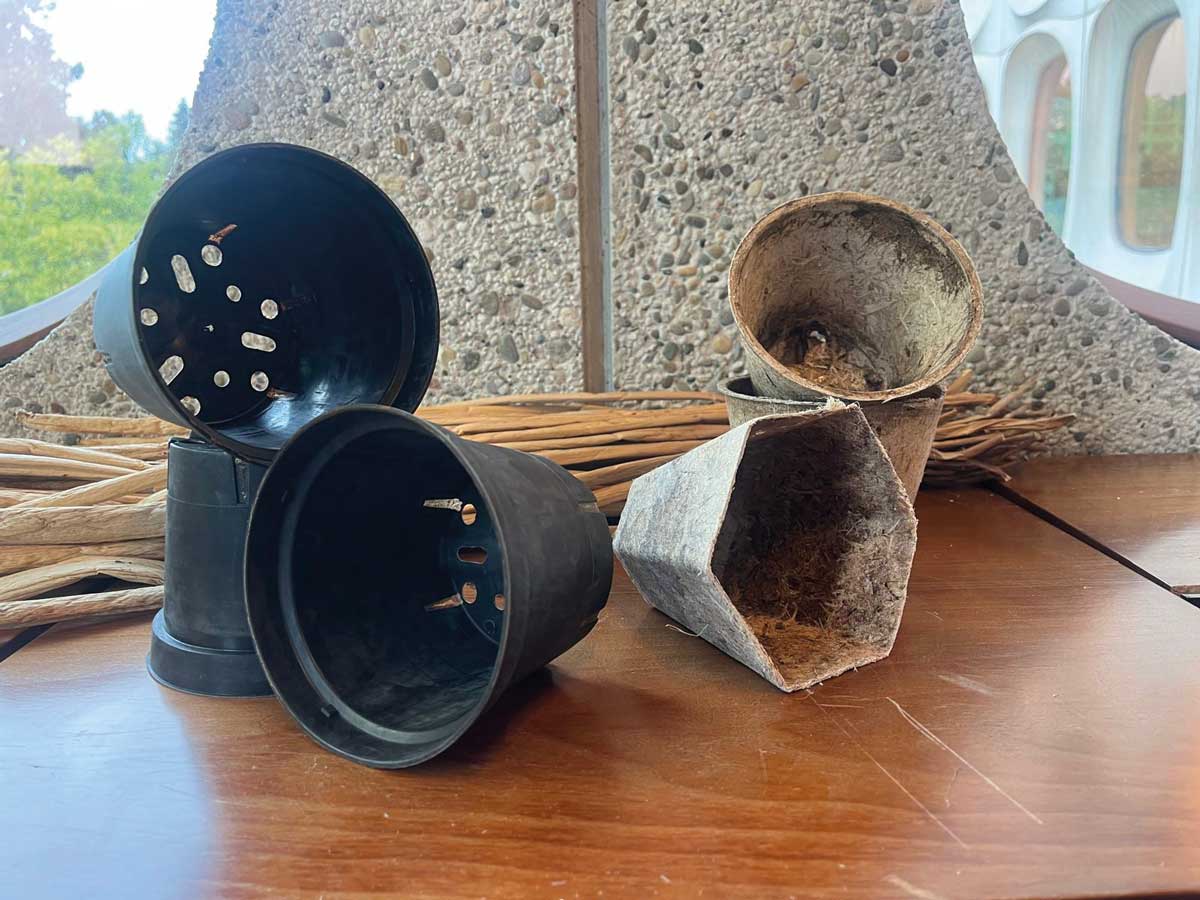

In-Between International transforms invasive water hyacinth into CYNTHIA®, a sustainable, high-performance, bio-based fiber for absorption, insulation, and packaging. The patented process curbs the plant’s spread while restoring biodiversity and creating local employment opportunities.


Leexi, a secure, AI-powered notetaker, automatically records, summarizes and assigns tasks from meetings, whether online or in person. Compliant with GDPR and ISO 27001, Leexi boosts productivity by generating detailed reports, identifying next steps and enabling instant access to information via a personal AI assistant.
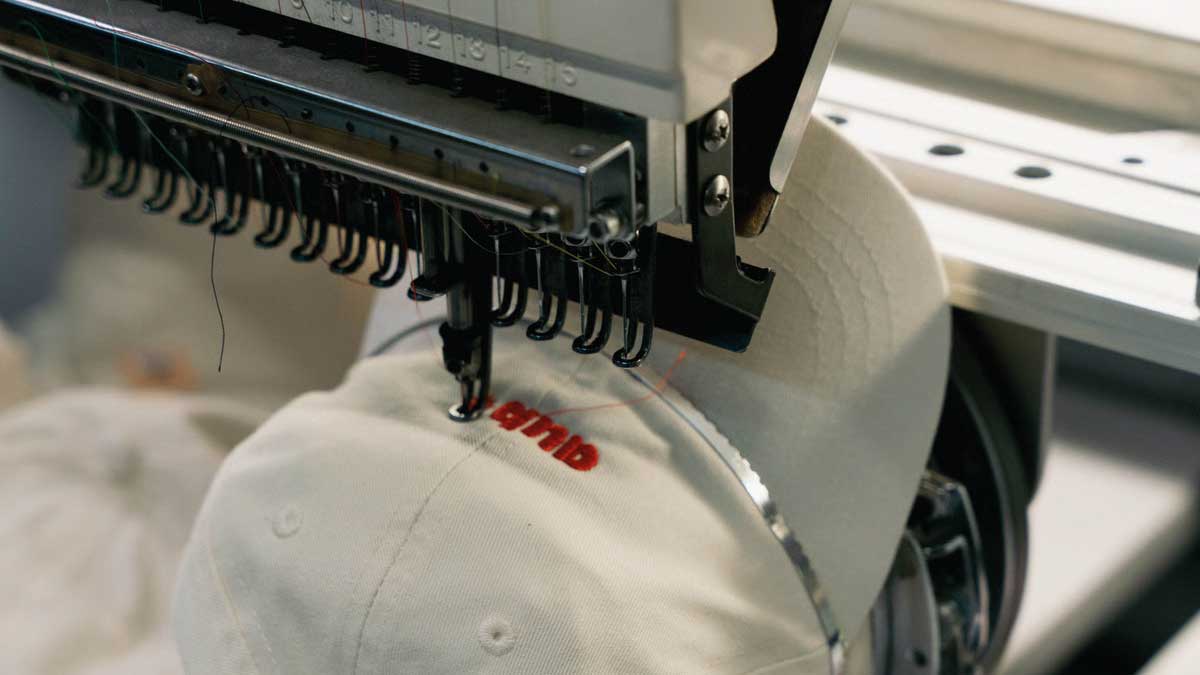

Merchery is a B-Corp-certified startup that redefines corporate gifting with sustainable, high-quality and customizable branded merchandise. With a strong focus on ethical sourcing, carbon tracking and durability, Merchery moves away from disposable swag to create meaningful, lasting brand experiences.
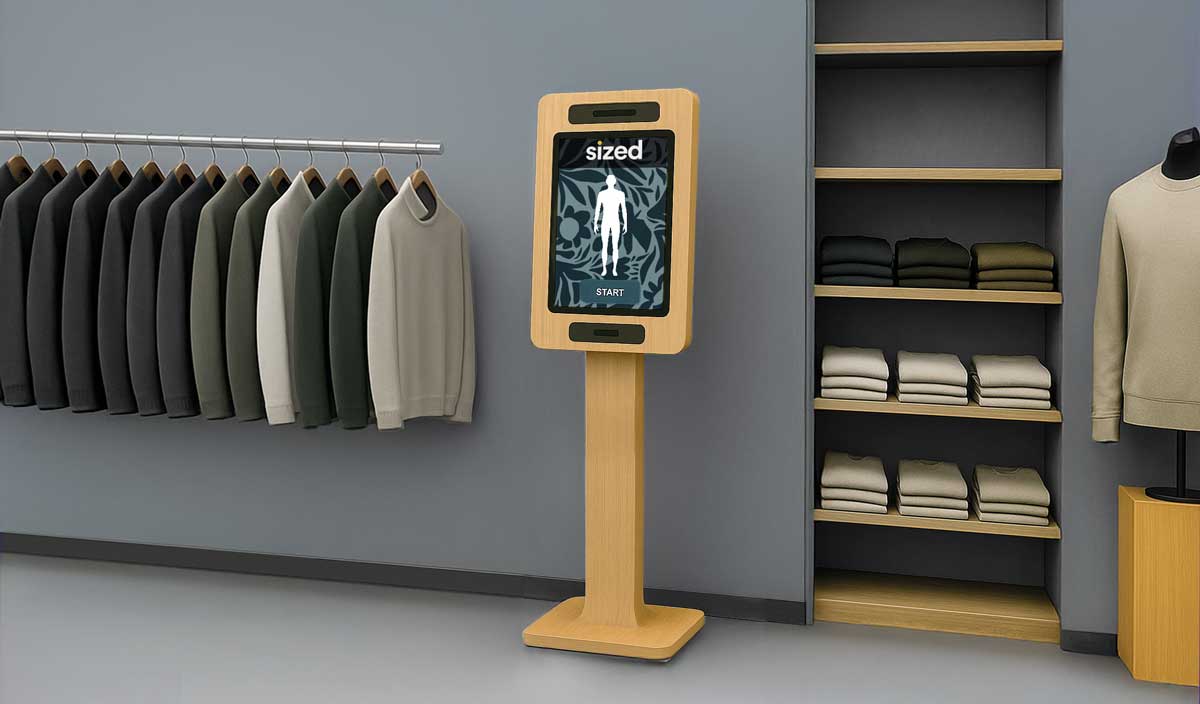

SIZED makes the world’s most compact AI-powered body scanner capable of capturing millimeter-accurate body data in just one second while users remain fully clothed. Designed for industries like workwear and fashion retail, it eliminates manual measuring and cuts fitting costs by over 75%.
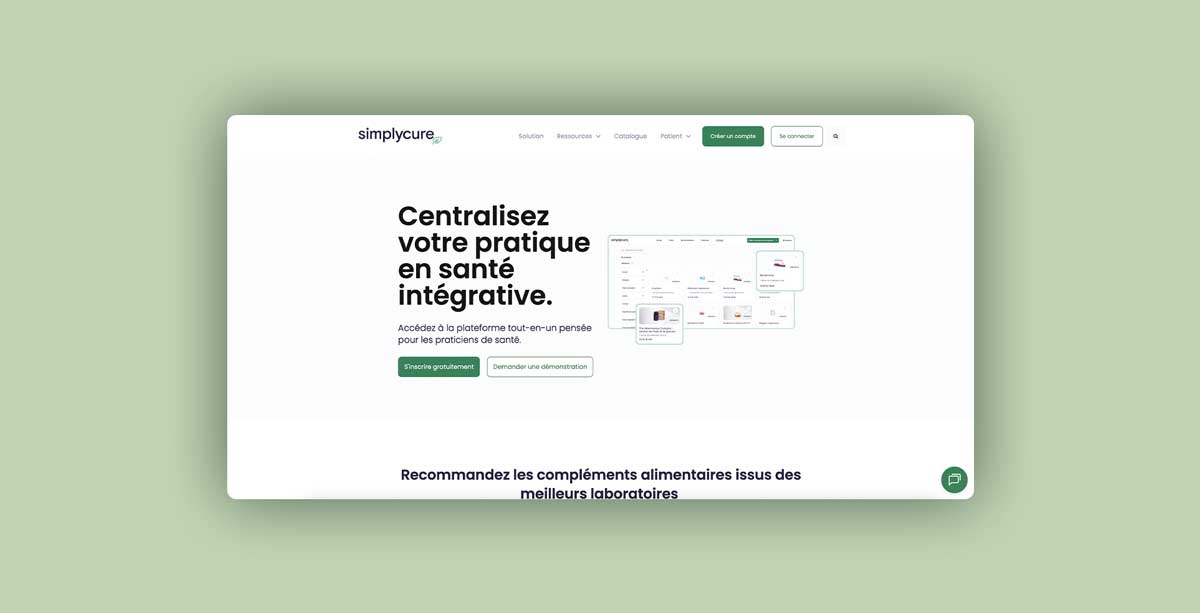

Simplycure supports more than 10,000 healthcare practitioners in delivering integrative, preventive care through simplified supplement recommendations. By centralizing access to products from over 150 laboratories and digitizing patient care, it reduces consultation time and administrative workload while enhancing treatment adherence by 20%.
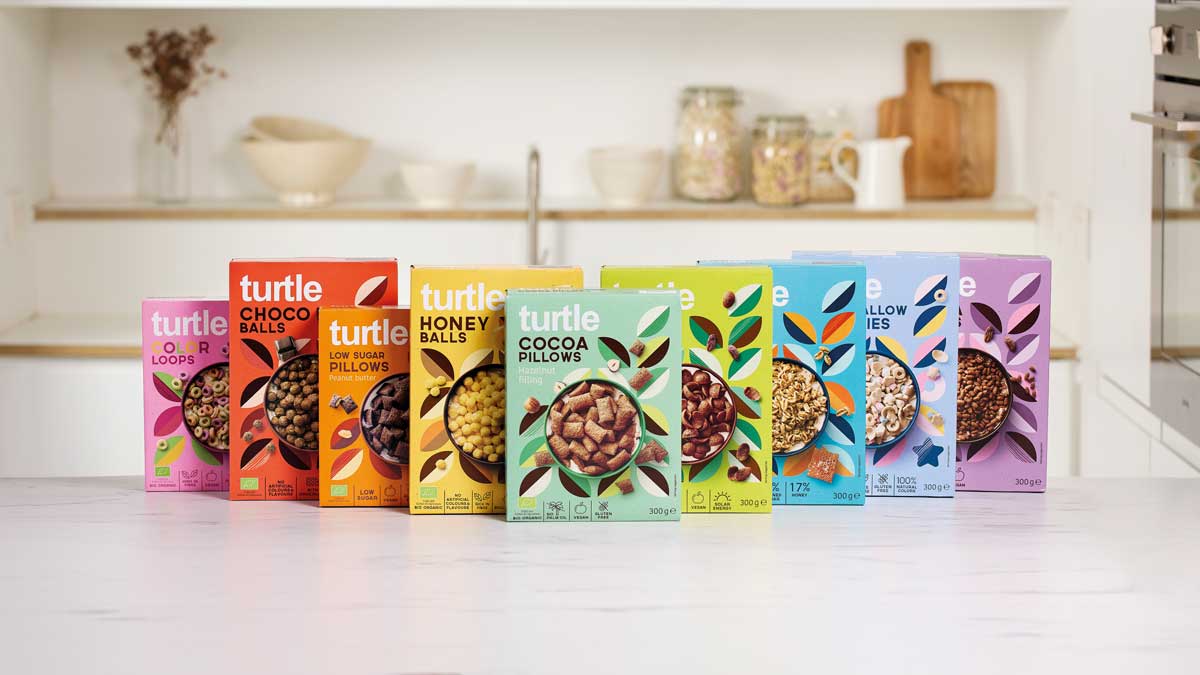

Turtle offers organic breakfast cereals, porridges, granolas and flakes made from natural and organic ingredients. The products don't contain refined sugars, artificial additives or GMOs, and the recipes often cater to vegan, gluten-free and FODMAP-sensitive diets, ensuring both nutrition and enjoyment.
Programs to know about
Early-stage MedTech or eHealth entrepreneurs
This free-of-charge, six-month program helps participants refine their value proposition, validate their business model and navigate regulatory and reimbursement challenges through expert coaching, workshops, industry mentoring and networking. The final pitch event connects startups with investors, partners and healthcare institutions.

Aspiring and early-stage entrepreneurs in building sustainable businesses
The Start Program by Réseau Entreprendre Bruxelles is offers free, long-term mentoring from experienced business leaders, access to a wide network of entrepreneurs and experts and the possibility of zero-interest loans to support business growth. The support lasts two to three years.

Early-stage startups with scalable solutions
Belgium’s largest startup accelerator is free, backed by KBC Bank and a broad network of strategic partners. The program provides six months of intensive, tailored mentorship with one-on-one coaching, business validation support, investor-readiness training and opportunities to connect with corporates, customers and funding.

Early-stage entrepreneurs and researchers focused on economic, societal and environmental impact
This incubator helps first-time entrepreneurs and academics transform bold ideas and research into impactful startups. It has helped launch more than 185 startups and offers fee-free programs, mentoring, workshops and access to a strong network of experienced members.

Funding Opportunities


BeAngels connects high-growth startups with over 485 private investors. It finances early-stage companies, simplifying their growth while offering strategic support to business angels. Through eight tailored investment formats, it fosters job creation and value generation.
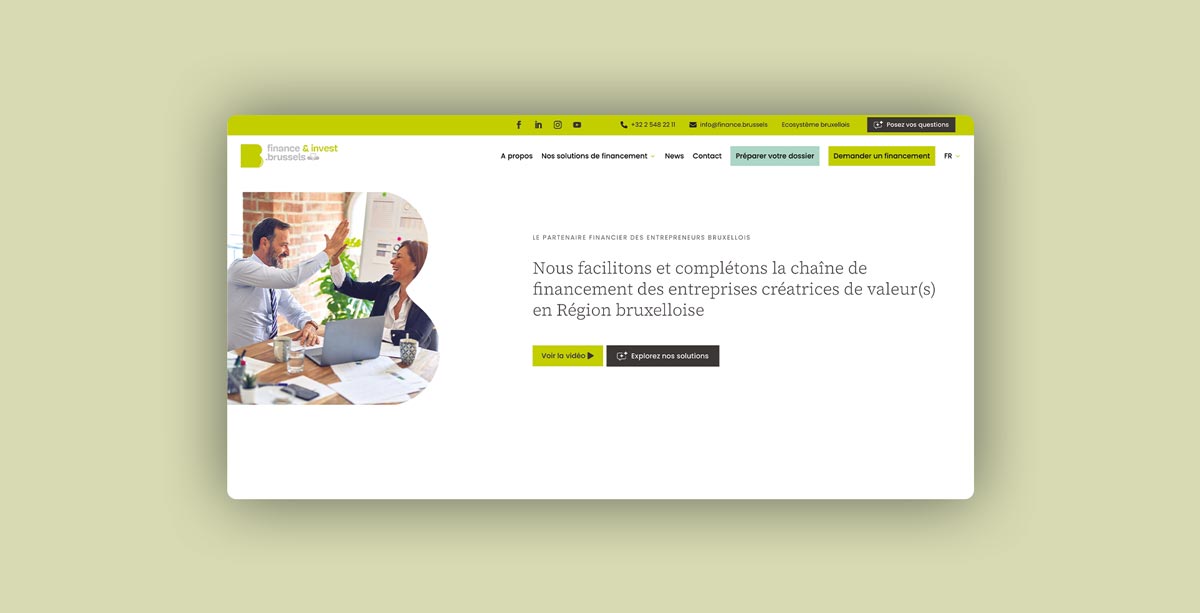

Finance&invest.brussels, the regional investment company of the Brussels-Capital Region, facilitates funding for companies that create economic and social value in Brussels. Through its subsidiary Brusoc, it offers tailored support for microenterprises and socially impactful initiatives.


Seeder Fund invests early in promising tech startups, providing fast decisions, personalized support and access to an extensive network. It also offers follow-on investment and guidance from a team of seasoned entrepreneurs and investors.
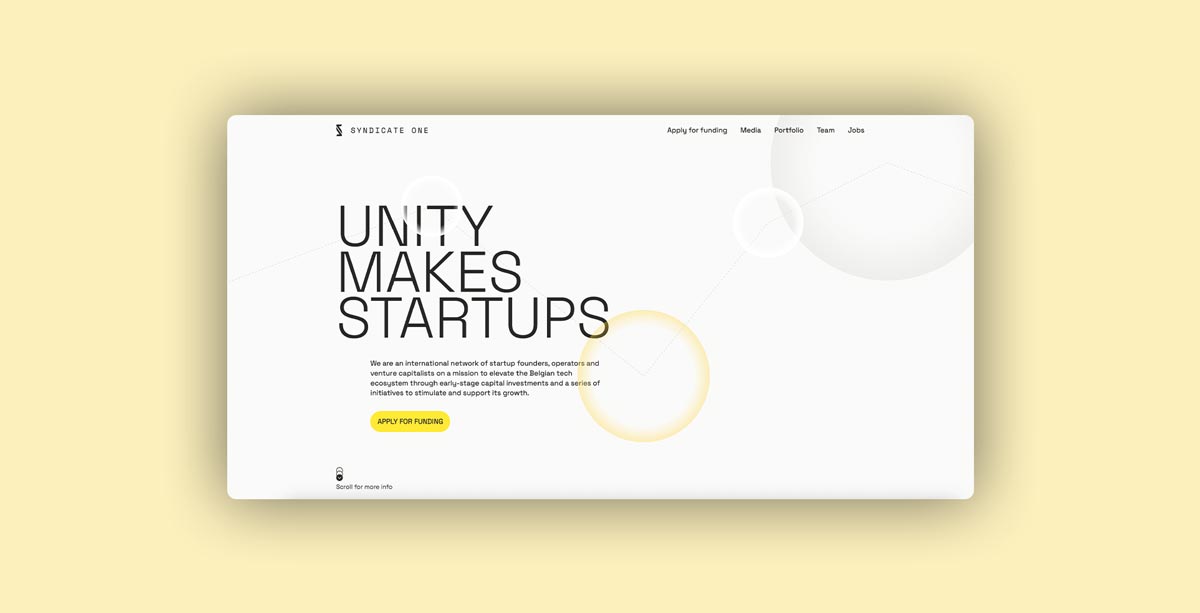

Syndicate One is an investment network and community of founders, operators and venture capitalists united to elevate the country’s tech ecosystem. Through its €6.5 million (~$7.3 million) seed fund, it supports Belgian startups with investments and hands-on operational expertise.
Urban Impact Solutions
Locky is a Brussels-based urban-mobility solution offering secure on-street bike parking equipped with advanced anti-theft features. Its patented, ultra-resistant locking arm is up to ten times stronger than conventional padlocks, capable of withstanding drill attacks. A smart alarm system triggers within seconds of a theft attempt and sends real-time alerts to the user’s mobile app. Locky also includes bike-theft insurance, promising a 100% refund of the bike’s value within 48 hours in case of theft. By combining security, technology and peace of mind, Locky supports safer, more confident cycling in the city.

Permafungi is a startup that transforms urban waste into sustainable resources through the power of fungi, cultivating organic oyster mushrooms in used coffee grounds collected by bike from local businesses. The remaining biomass is then repurposed into two key innovations: “mushpost,” a nutrient-rich organic compost distributed to urban farms like Parckfarm; and myco-materials, which are biodegradable, fire- and water-resistant alternatives to plastic used in packaging and ecodesign. These mycelium-based materials are custom-made, laser-engraved and produced with significantly lower environmental impact than traditional materials. Permafungi exemplifies how cities can adopt regenerative practices that reconnect urban life with natural cycles.

Vestaculture and its sister company Greendays create edible and non-edible green spaces that promote sustainability, local food production and urban biodiversity. Guided by permaculture principles, they design and implement vegetable gardens, orchards, edible forests and rooftop farms for individuals, schools, municipalities and businesses. Through Greendays, Vestaculture also carries out ornamental and biodiversity-boosting roof-greening projects. Its flagship URBAN FARM project atop the Delhaize Boondael supermarket in Ixelles features 360 m² of edible crops, rainwater-fed drip irrigation and greenhouse heating from waste refrigeration heat. This farm supplies the store below daily while serving as an educational hub for visitors, training sessions and community engagement.

